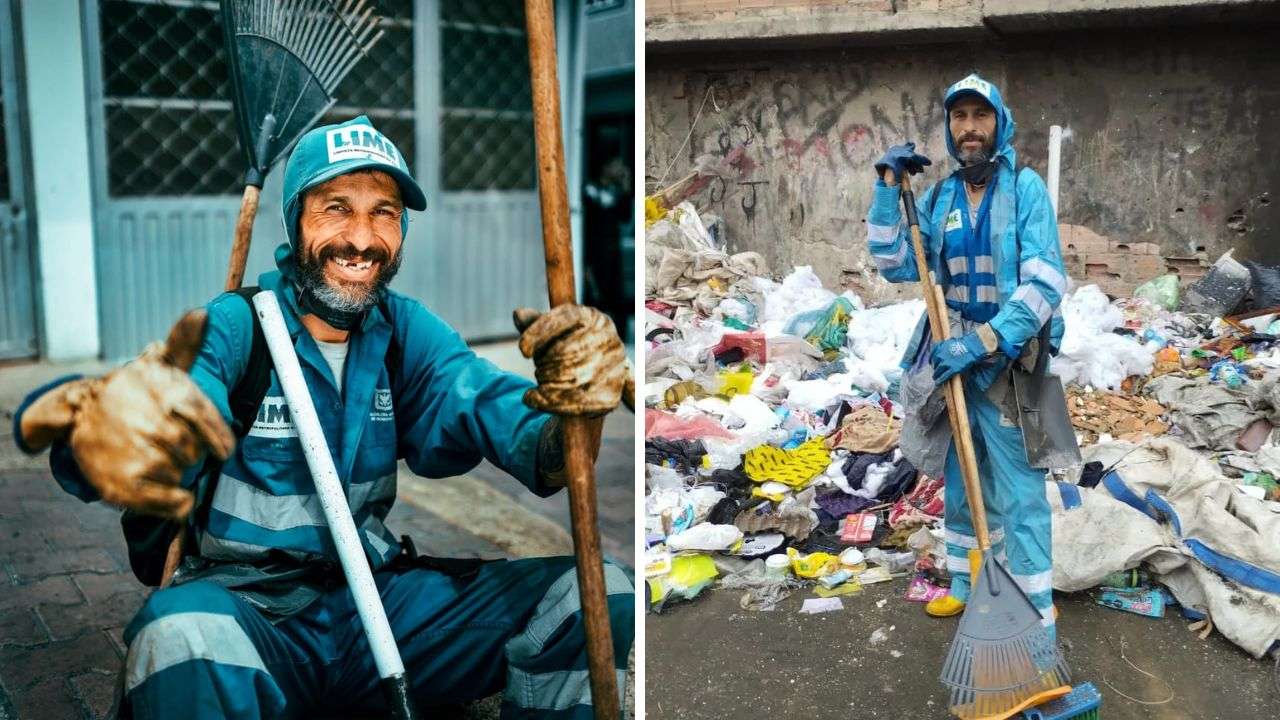This type of litter is not only the most common in Colombia but also worldwide

Colombian influencer José Molina has been sweeping the streets of Bogotá for seven years. He told GSW about the most common litter found in the capital.
José Molina not only collects waste, he also collects followers.
"If I’m going to be on social media, it’s to spread a positive message," he told GSW.
From Monday to Saturday, he sets his alarm for 4 am to clean up the rubbish that citizens throw on the streets of Colombia’s capital. On his social media platforms, Molina showcases the waste he finds to raise awareness about litter pollution and its environmental impact.
“I clean streets and hearts”, he says on his Instagram profile, where he has more than 150K followers.
While plastic bags and bottles are some of the most visible items in his videos, the most common type of litter in the capital, according to the environmentalist, is something smaller, which often goes unnoticed.
"In Bogotá, four million cigarette butts are thrown away every year," he explained.
Cigarette butts are not only an issue in the South American country. They are also the most abundant litter item found in the environment globally.
It’s estimated that 4.5 trillion cigarette butts are disposed of annually worldwide, representing around 845,000 tonnes of waste.
The Colombian influencer explained that these filters often end up in rivers and the ocean. Each cigarette butt can pollute up to 50 litres of fresh water and 10 litres of salt water.
"Many birds and fish eat them, thinking they are food," he added.
And while filters may appear to be made of cotton, 98% are made of plastic fibres and can take up to 15 years to photodegrade. They also filter out toxic chemicals, such as arsenic and lead.
"Talking about this problem is important so that people don't forget to dispose of their cigarette butts properly," Molina said.
"It's a call to raise awareness and protect our planet."